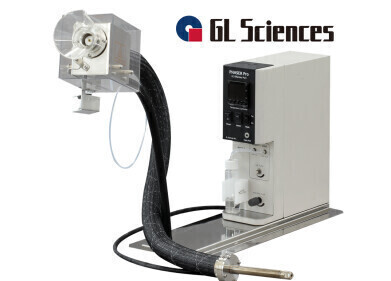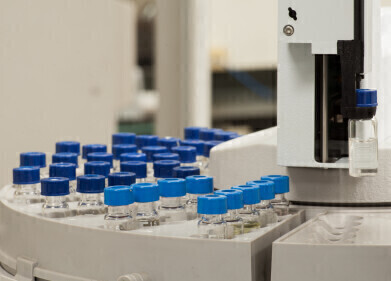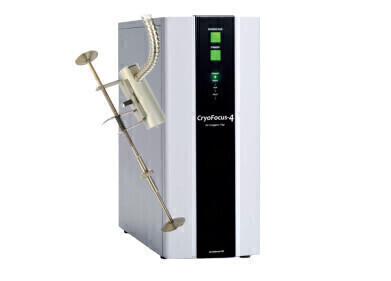GC, MDGC
Gas chromatography reveals role of plasma free fatty acids in autism
May 06 2011
The research was published in Lipids in Health and Disease and saw scientists examine 26 healthy patients against 26 autistic subjects of the same age.
Autism, the team states, has no explained origins and can present itself in a variety of different ways, such as behavioural and sensory abnormalities.
Using gas chromatography and quantitative analysis, Afaf El-Ansary, Abir Ben Bacha and Laila Al-Ayadh were able to establish that in autistic patients there were more saturated fatty acids - aside from propionic acid - and less polyunsaturated fatty acids.
The team added: "Statistical analysis of the obtained data shows that most of the measured fatty acids were significantly different in autistic patients compared to age -matching controls."
Lipids in Health and Disease is an online journal that publishes peer-reviewed research articles covering a wide range of disciplines within the study of lipids.
Events
Mar 18 2025 Beijing, China
Mar 25 2025 Paris, France
Mar 31 2025 Beijing, China
Apr 02 2025 Saigon, Vietnam
Apr 22 2025 Kintex, South Korea














